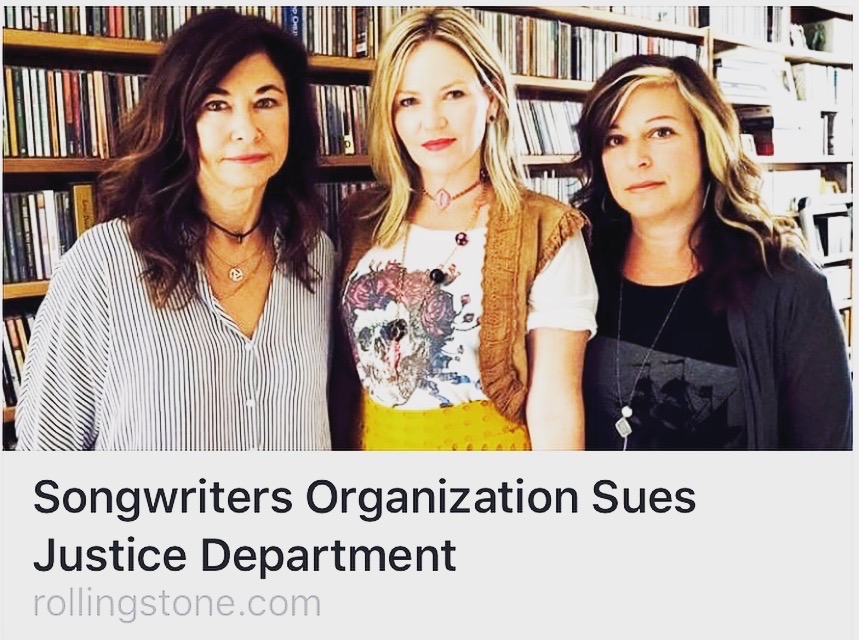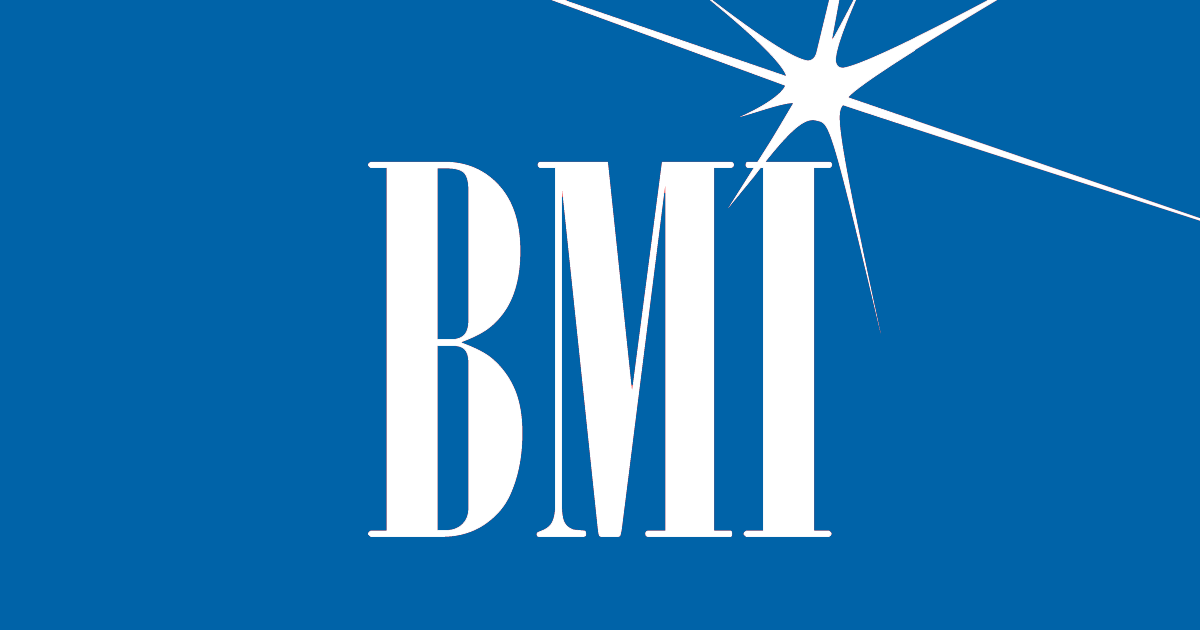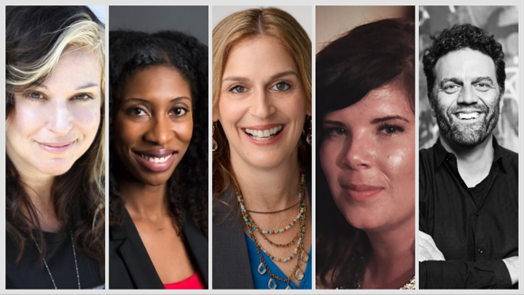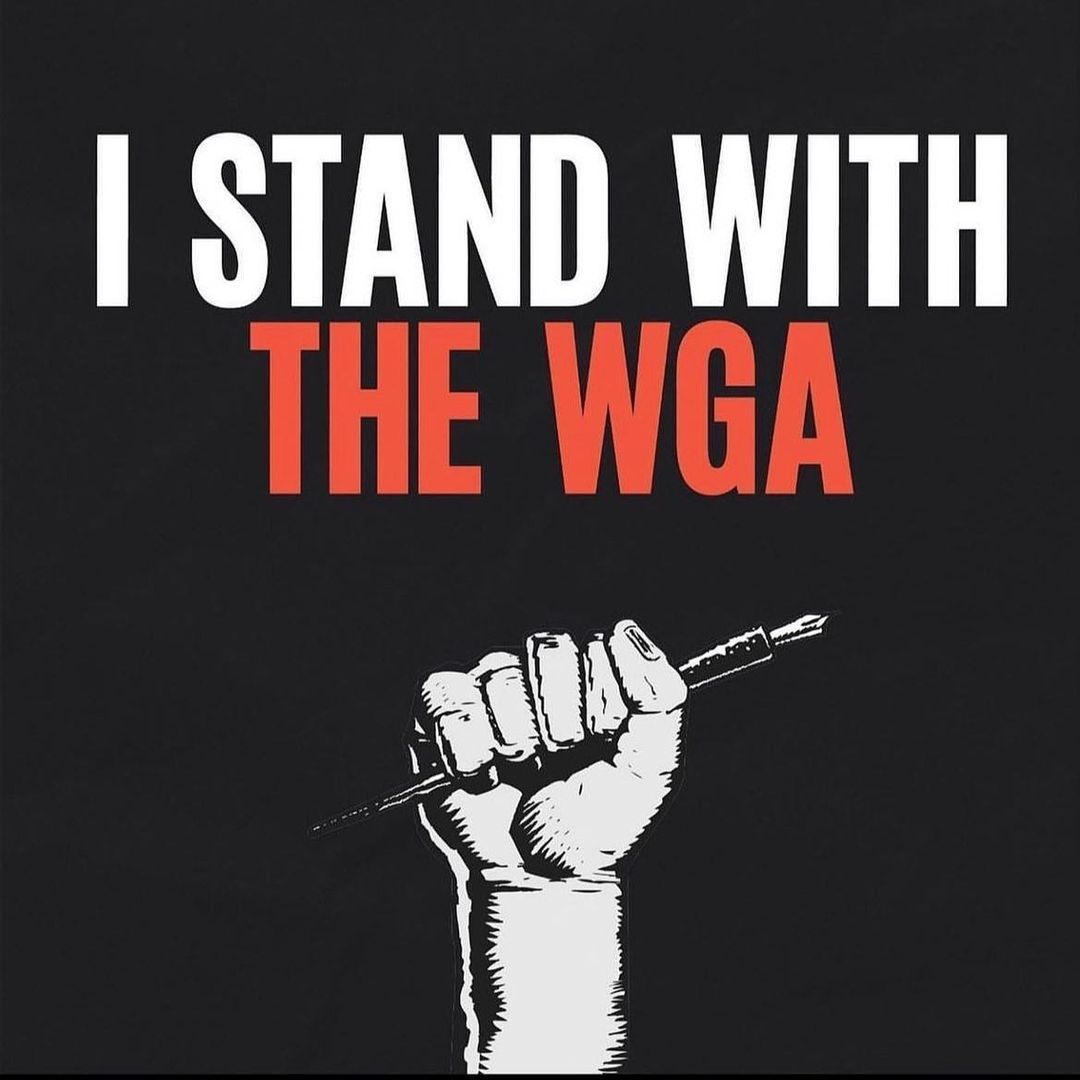The writers are on strike. I feel hopeful, vicariously excited, anxious, and totally jealous. I mean, I’m a writer too. But I write songs instead of scripts. My job is evoking emotions, through words that sound like they were born in their melodies, through turns of phrases, which lift and dip and twist normal conversations into things you would sing instead of say. I’m good at it. I make a living from doing that and nothing else. Am I lucky? Yeah maybe. And maybe it’s going to be only another five minutes before a machine does it just as well. But. In these early moments of a writers strike, I still believe this is something we need to fight for – three words that are so deeply threatening to any part of the music industry which makes its billions of dollars off of songs and songwriters, which is every part of the music industry. Those three words: Collective. Bargaining. Rights.
Songwriters don’t have them. We’ve even been gaslit to believe we don’t want them. Really? We don’t want health insurance or benefits? We don’t want to get paid livable rates for our skills and services? We don’t want to collectively leverage our unique talents and skills in order to have some kind of negotiating power in a streaming economy which only values market share? (What single songwriter has market share? As individuals we are literally powerless.)
And so, the writers are on strike, and I also feel quietly heartbroken, because I’m reminded of how little power we have.
No one has to explain why to me. In fact, let me do the explaining. In 1984, the biggest composers in the US organized to petition the National Labor Relations Board, under President Reagan, to allow composers and songwriters collective bargaining rights and the right to unionize. From what I understand, John Williams, Henry Mancini, Quincy Jones, the Bergmans, etc., all gave testimonies. They had the full backing of the Writers Guild of America. The unity and momentum grew as strong as they had ever been. Then, the National Labor Relations Board said “no” and classified songwriters and composers indelibly as “independent contractors,” for whom organizing would be a violation of antitrust law – something about price fixing. Whatever.
It’s nearly four decades later. Three subsequent unionization attempts have failed. And nearly four decades later, songwriters and composers are so much worse off.
The economics of streaming are not kind to creators. There are many analogous struggles that songwriters and screenwriters face – micropayments on residuals/royalties, botched metadata, exorbitant executive salaries resulting in an historic wage gap, the disparity between booming ratings and plummeting payouts, etc. Even the way we’re described sounds the same: “the backbone of the industry,” “nothing gets made without us,” “everything starts with the script.” Just like everything starts with the song, right?
Listen, I don’t idealize strikes. Work stoppages are tense, difficult and there is so much to lose. But songwriters… don’t you look at those screenwriters marching on those picket lines together in solidarity and think, “what if?”
- What if collective bargaining wasn’t only for our works (through our PROs) but for ourselves, and we could experience the fair treatment and conditions guaranteed by our rights as citizens under US labor law?
- What if the compulsory license was not… compulsory? What if we had the agency to say “NO” and pull our songs off of the airwaves and satellites and cables and internets? Imagine everyone just kinda hanging out in silence for a while, or only listening to music in the public domain. Fun!
- What if we all stopped working for free? And what if all of us – from the most on fire hit writers to the newest up-and-comers – kept our hookiest hooks, our vibiest vibes, our most inspired melodies and stories and rhymes to ourselves, for long enough for the rest of the industry to consider meeting some basic requests: health insurance, covering food and transportation costs, day rates, workplace safety, mental health support, participation in the success of the sound recording (ie. points)?
Watching the screenwriters exercise their American right to organize and fight for fairness – together – has definitely lit up my imagination, and judging from my social media feeds, and all the texts and calls from other songwriters, I’m not alone. (That’s something to consider actually – how not-alone we are.) But for now, all we American songwriters can do is gaze longingly through the prison bars of rate court jail at our screenwriter sisters and brothers and think, “Go fucking get ’em.”
Michelle Lewis
Executive Director
Songwriters of North America

Advocacy, December 30, 2023
Story of SONA

News, September 1, 2023
The BMI sale: A News Roundup

News, January 15, 2025
Letter from the SONAverse CEO

News, May 16, 2024
SONA and Sona.stream amicably settle over use of trademark “SONA” name

News, January 25, 2024
SONA amplifying songwriter voices with key new advocacy leadership positions
Let’s Chat!
Questions? Get in touch with us by filling out the contact form below. We’ll get back to you as soon as we can.
